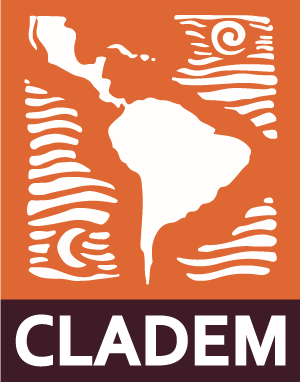Pronunciamientos
CLADEM REITERATES ITS SUPPORT FOR THE CANDIDACY OF DR. DIANA GONZÁLEZ TO THE CEDAW COMMITTEE
04 de Junio 2024
|
The Latin American and Caribbean Committee for the Defense of Women's Rights – CLADEM expresses its support for the candidacy of Dr. Diana González to join the team of Experts of the CEDAW Committee, which monitors the implementation of the Convention on the Elimination of All Forms of Discrimination Against Women – CEDAW, for the period from January 2025 to December 2028.
Dr. González, a renowned researcher and human rights advocate from the Oriental Republic of Uruguay, has a career spanning nearly four decades, during which she has made valuable contributions to the understanding of the phenomena of domestic, sexual, and political violence, as well as the inequalities faced by women in all spheres of life. She has also worked to address the barriers in access to justice faced by women and girls with disabilities or in rural contexts.
Dr. González has also played a crucial role in drafting national laws that enshrine equal rights and non-discrimination, seek to prevent and eradicate violence against women, and the exploitation and trafficking of women and girls. These legal frameworks represent a significant advancement in the protection of women’s and girl’s rights in Uruguay.
We also highlight her participation as an expert for Uruguay in the Committee of Experts of the Follow-up Mechanism to the Belém do Pará Convention between 2011 and 2018, and her role as President of the Committee during the 2017-2018 period. Her leadership and commitment have been fundamental in advancing the protection of women's rights in the region.
We believe that Dr. Diana González fully meets the requirements of competence and moral standards necessary to join the CEDAW Committee. We have no doubt that her vast knowledge and experience, developed in the context of South Latin America, will greatly enrich the work of such a prestigious Committee.
The Latin American and Caribbean Committee for the Defense of Women's Rights – CLADEM is a Latin American feminist network created in 1989 dedicated to the promotion and defense of women's human rights, bringing together individuals and non-governmental organizations from 15 countries in the region. Its work in Monitoring, Advocacy, and International Litigation has made it possible to unveil patterns of women’s and girl’s human rights violations in different national contexts and to encourage States to commit to promoting normative and policy changes to ensure non-repetition of such violations.
Sincerely,
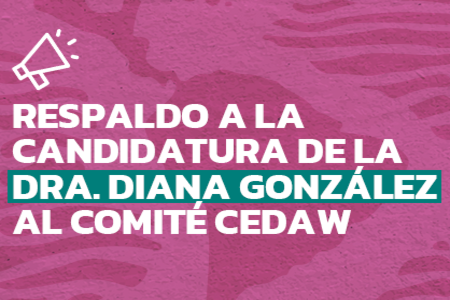
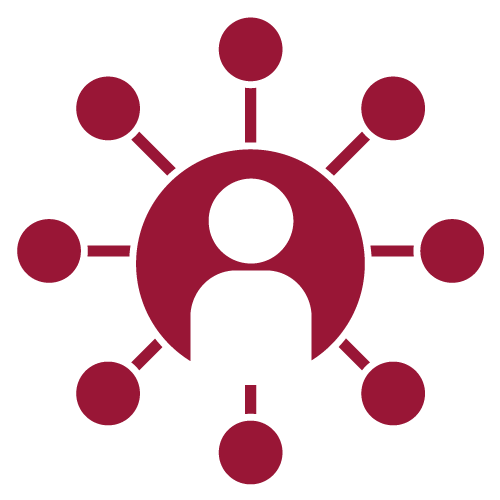 Eje temático
Eje temático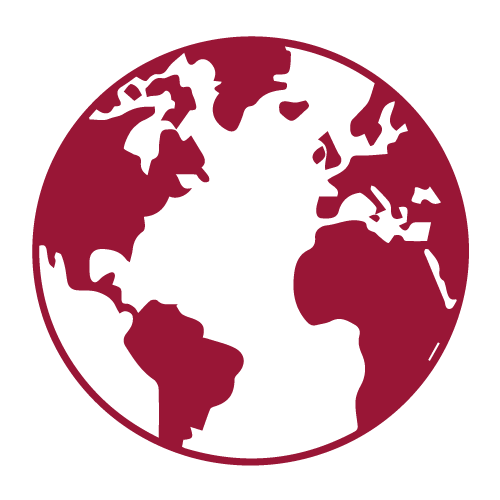 País
País Valoraciones
Valoraciones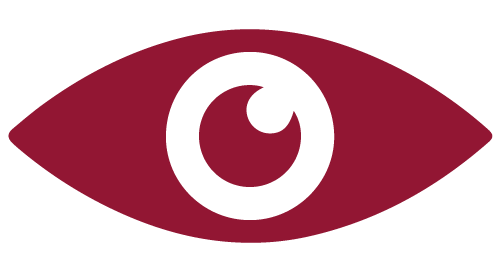 Visualizaciones
Visualizaciones